How to Choose the Right International Markets for Your Business
)
When IKEA launched its first store in Sweden in 1943, it was a simple mail-order business. Today, this global retail giant has stores in London, Paris, New York, Tokyo and Dubai.
But IKEA’s journey wasn’t just about scale; it was about strategy. By choosing international markets like Dubai, IKEA tapped into a region where urban development and consumer demand were accelerating in tandem.
For any business with global ambitions, choosing international markets is a strategic decision. The right market can unlock exponential growth, and the wrong one can drain resources. Whether you’re a startup ready to scale or an established brand seeking new frontiers, choosing the right international markets is the foundation of a successful business expansion strategy. Here’s everything you need to know:
Factors to Consider When Choosing International Markets
1. Market Size and Consumer Demand
The first and most obvious factor is the size of the market and its appetite for your product or service. A large population doesn’t always equate to high demand, so it’s important to dig deeper. Focus on the demographics like age distribution, income levels, urban vs. rural populations. Next, assess consumer behaviour: Are people already buying similar products? Is there a growing trend? In tech-driven sectors, internet penetration and mobile usage are key indicators. For example, the Middle East has become a hotspot for e-commerce brands due to its young, tech-savvy population and rising disposable income.
2. Regulatory Environment and Ease of Doing Business
Navigating foreign regulations can be one of the biggest hurdles in international expansion. Countries vary widely in terms of business registration processes, taxation and repatriation of profits, labour laws and hiring practices as well as intellectual property protection. You can use resources like the World Bank’s Ease of Doing Business Index to compare countries. Markets with transparent legal systems and supportive government policies are generally safer bets for expansion.
3. Economic Stability and Growth Potential
A country’s macroeconomic health directly impacts your business’s ability to thrive. Look for GDP growth trends, inflation and currency stability as well as political stability and governance. While emerging markets may offer high growth potential, they often come with volatility. Balancing risk and reward is key. Cities like Dubai are known for their economic stability and is a top choice among global brands as well as new emerging companies.
4. Cultural Fit and Local Preferences
Culture plays a powerful role in shaping consumer behaviour. What works in one country may not in another. From language and values to shopping habits and brand perceptions, cultural alignment can make or break your market entry. Businesses that take the time to understand local preferences and adapt accordingly, tend to build stronger connections with their audiences. This is especially true in sectors like food, fashion, and media, where taste and identity are deeply personal.
5. Competitive Landscape and Industry Trends
Before entering a new market, it’s crucial to understand who you’ll be competing with. Is the market dominated by a few big players, or is it fragmented with room for innovation? Are there unmet needs or underserved segments? Studying industry trends and consumer feedback can reveal opportunities to differentiate your brand and carve out a niche. For example, the rise of plant-based diets in Europe has opened doors for alternative protein brands, while the fintech boom in Africa has created space for mobile-first financial solutions.
6. Infrastructure and Logistics Accessibility
Even the best product can struggle if the logistics don’t support it. Reliable infrastructure such as transportation networks, warehousing, and digital connectivity is essential for smooth operations. Consider how easily you can move goods, access suppliers, and deliver to customers. Countries like the UAE score high on logistics performance, making them attractive for businesses with complex supply chains.
Tools and Strategies for Evaluating New Markets
Using Market Research and Data Analytics
Data-driven decision-making is essential. Use both qualitative and quantitative research to assess market viability. Tools include:
- Statista for market data
- Google Market Finder for digital readiness
- Surveys and focus groups for consumer insights
Analytics can help you identify patterns, forecast demand, and simulate different market scenarios before committing resources.
Working with Local Partners and Experts
Local partnerships can accelerate market entry and reduce risk. Consider:
- Distributors and resellers
- Joint ventures or strategic alliances
- Local consultants and legal advisors
These partners bring market knowledge, cultural fluency, and established networks that can help you navigate unfamiliar terrain.
Why Dubai Is a Strategic Launchpad for International Expansion
Dubai has positioned itself as a global gateway for businesses looking to expand across the Middle East, Africa, Asia, and Europe. Here’s why it stands out:
- Strategic location: Within an 8-hour flight radius of two-thirds of the world’s population.
- World-class infrastructure: Ports, airports, Free Zones, and digital connectivity.
- Pro-business policies: 100% foreign ownership in many sectors, zero income tax, and streamlined licensing.
- Cultural diversity: A melting pot of over 200 nationalities, making it easier to test products across different consumer segments.
- For companies seeking global expansion opportunities, Dubai offers a low-risk, high-reward environment with access to capital, talent, and markets.
Choosing the right international markets is a strategic process that requires careful evaluation of multiple factors. By leveraging data, partnerships, and government incentives, businesses can craft a robust international market entry strategy that minimizes risk and maximizes growth.
Expanding your business to a Dubai free zone is a strategic move that opens doors to new markets, customers, and opportunities. With IFZA’s streamlined setup process, international license options, and comprehensive support services, global SME expansion to UAE becomes a clear and achievable goal.
By leveraging IFZA’s expertise you can confidently navigate the Dubai business setup for global SMEs and establish your business in one of the world’s most vibrant commercial hubs.
If you’re ready to take the next step, start your journey today and position your SME at the heart of international trade and innovation.



